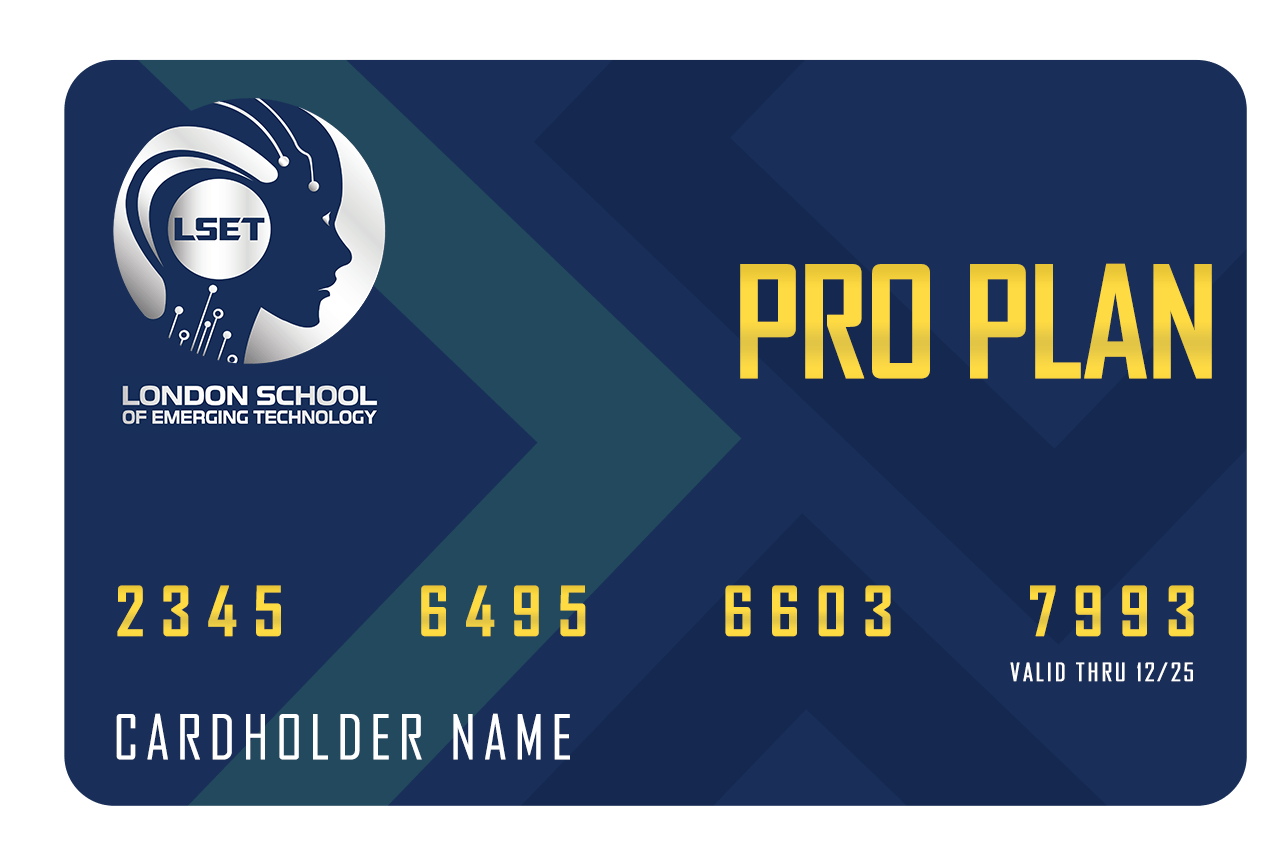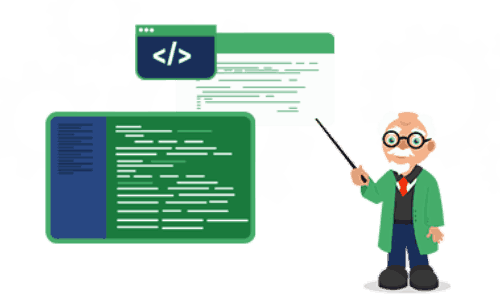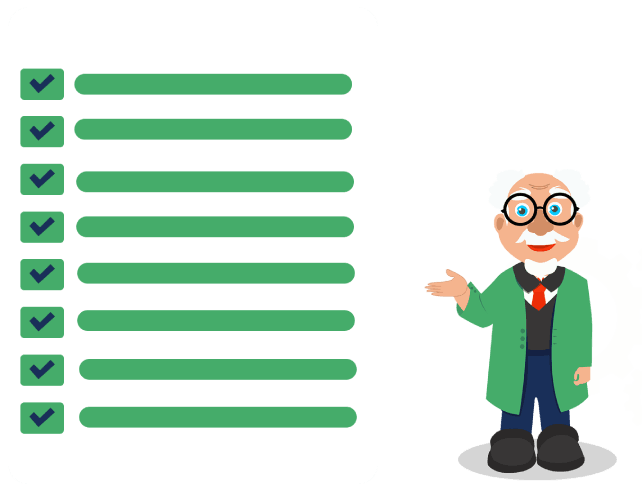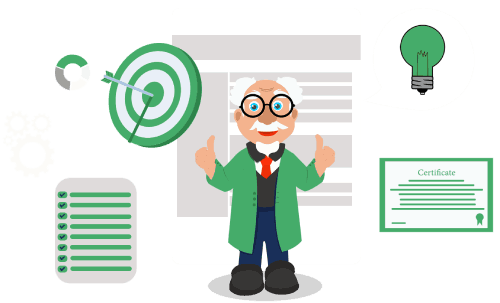Swift Programming Language: The primary programming language used for developing iOS apps.
Xcode: is an integrated development environment (IDE) specifically designed for macOS. That provides tools for building apps for various Apple platforms, including iOS.
UIKit Framework: A framework for building user interfaces in iOS.
Core Location Framework: Used for location and heading-related services.
Core Motion Framework: Utilized for measuring and responding to the device’s movements.
Core Data Framework: Provides an infrastructure for managing object graphs and persisting object data.
XCTest Framework: A framework for writing unit tests for Swift and Objective-C code.
App Store Connect: Apple’s platform for submitting, managing, and distributing iOS apps to the App Store.
App Analytics: A tool for collecting, visualizing, and understanding user engagement with apps.



 Premium Career-Ready Track
Premium Career-Ready Track

















